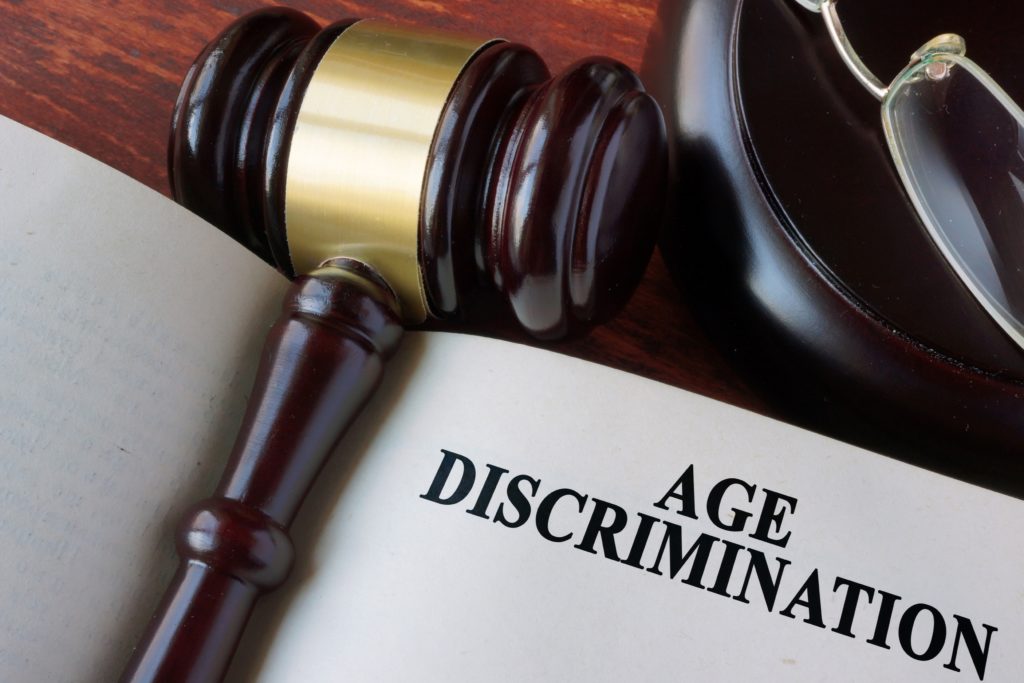Sep 28 2017
With more and more older employees staying in or returning to the workforce after their traditional “retirement age,” claims of age discrimination have steadily increased over the past 10 years. According to the Equal Employment Opportunity Commission, there were 20,857 federal charges of age discrimination in 2016 alone. Despite its prevalence, age discrimination can take many forms, so it can be difficult to determine whether a particular action is the result of age discrimination. How do you know if you are being discriminated against because of your age?
Federal and Connecticut Discrimination Laws
In 1967, Congress passed the Age Discrimination in Employment Act (ADEA) to protect employees over the age of 40 from discrimination. According to ADEA, an employer cannot legally fire someone because of his or her age, nor can that employee be denied equal pay or benefits.
In addition, Connecticut has its own set of laws to protect older workers. According to the Connecticut Fair Employment Practices Act (CFEPA), it is unlawful to:
- Refuse to hire or fire an employee based on age, unless there is a bona fide occupational qualification (BFOQ) exception.
- Publish any notice or advertisement relating to employment that indicates a preference, limitation, specification, or discrimination based on age.
- Aid, compel, or coerce any employee in engaging in unlawful discriminatory practices under the CFEPA
- Exclude an employee from participating in a retirement or pension plan, or reduce benefit accruals based on their age.
- Discriminate against any employee who has filed a complaint, opposed a discriminatory employment practice, or assisted in any CFEPA proceeding.
Is it Age Discrimination?
So how do you know if you’re a victim of age discrimination? For example, Ted has worked for Company Y for 25 years. Although he is nearing age 65, Ted has no intention of retiring and hopes to work another 15 years for the company. A director position has just become available in the company, and Ted is more than qualified for the job. He applies for the position, already sure he’s going to get the job. However, the company chooses a much younger employee with less experience. Was Ted the victim of age discrimination?
Like many forms of discrimination, ageism in the workplace can be difficult to prove. However, there are some common signs that point to age discrimination, such as:
- You weren’t hired for a position or were passed over for a promotion that was given to a younger applicant with inferior qualifications.
- Co-workers or supervisors are making jokes or inappropriate comments about your age, saying that you’re “over the hill” or “should think about retirement” or that they’re looking for some “young blood” or employees with a “longer runway in front of them.”
- You are intentionally being left out of team-building activities or other work- related activities.
- Your work duties are being given to younger workers, on the assumption that you plan to retire soon. Or you are reassigned unpleasant job duties in order to encourage you to quit or retire.
- Your performance reviews suddenly become negative, even though you have consistently met or exceeded expectations.
If any of these situations sound familiar to you, it’s best to speak with an experienced Connecticut employment attorney about your situation. Contact the employment discrimination lawyers at Garrison, Levin-Epstein, Fitzgerald & Pirrotti, P.C., today for an evaluation.
Posted by Garrison, Levin-Epstein, Fitzgerald & Pirrotti, P.C. in Employment Discrimination
Tagged Age Discrimination









